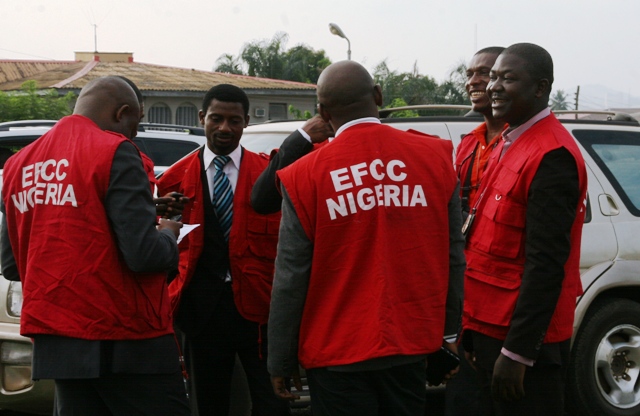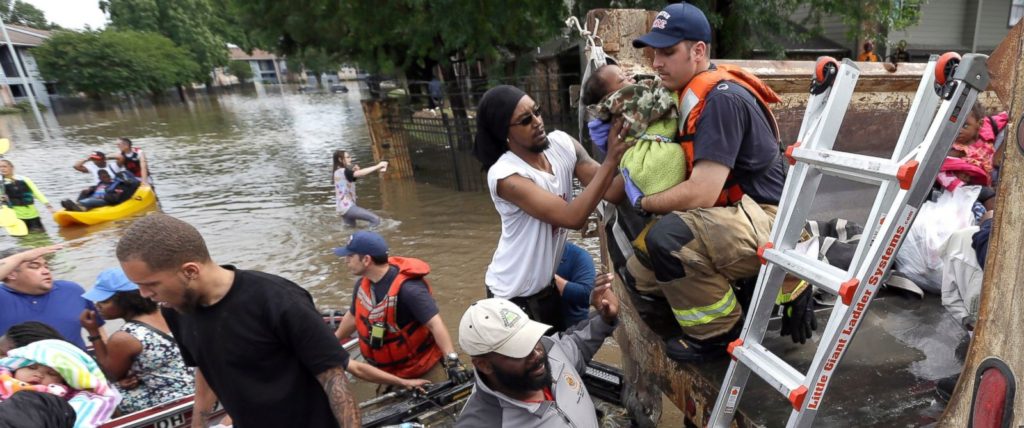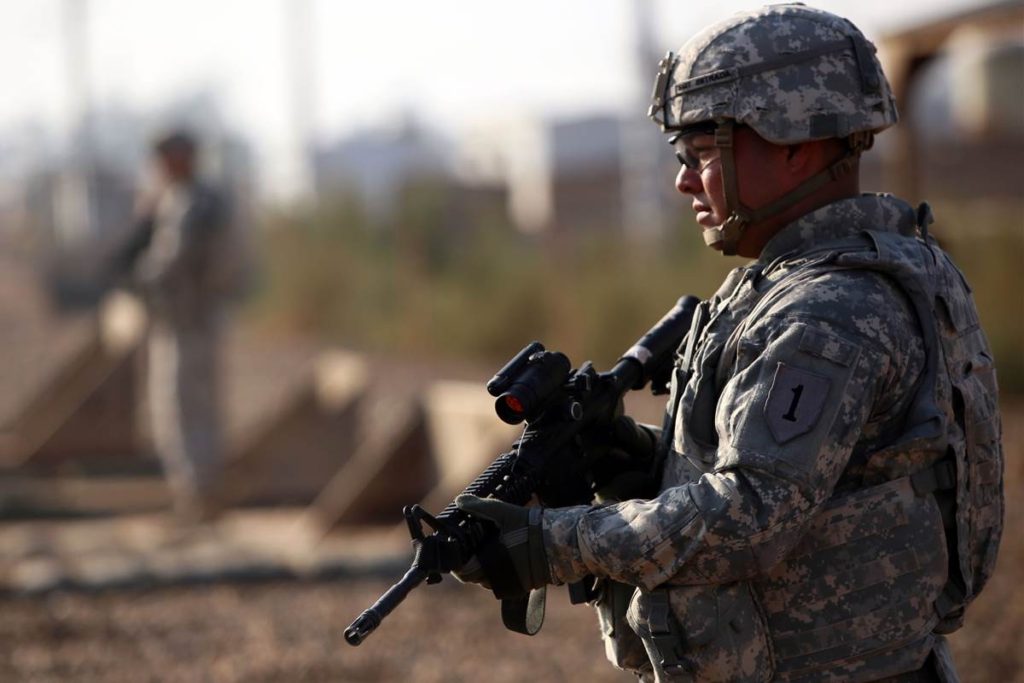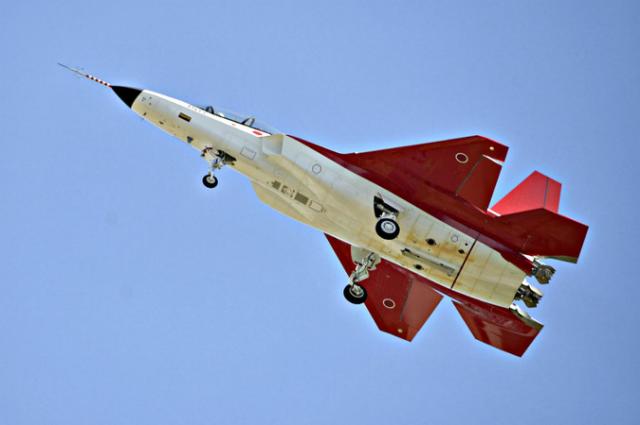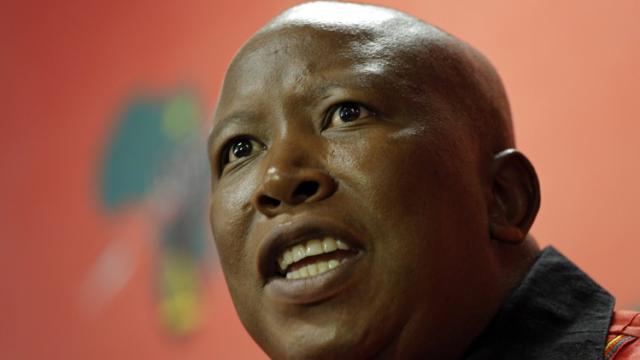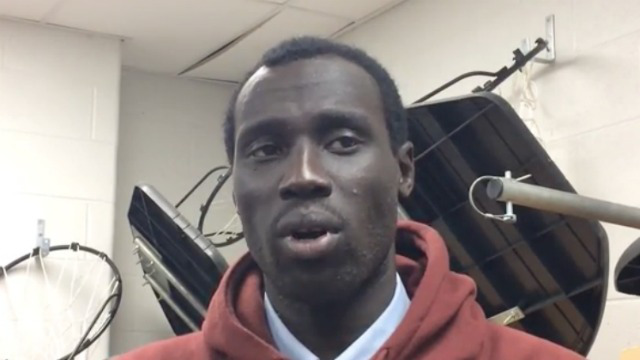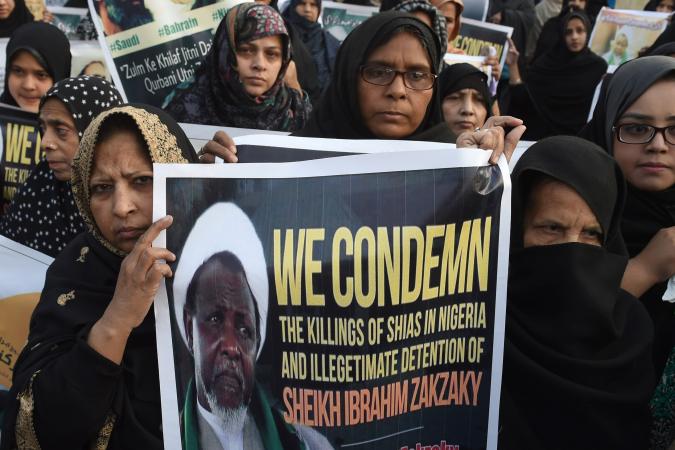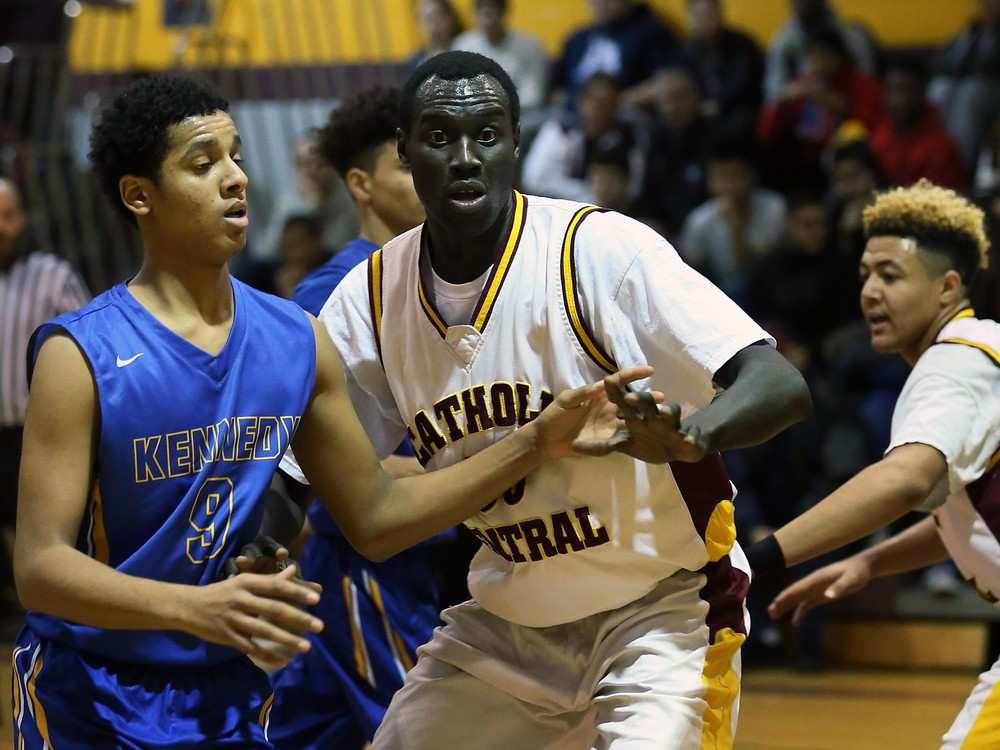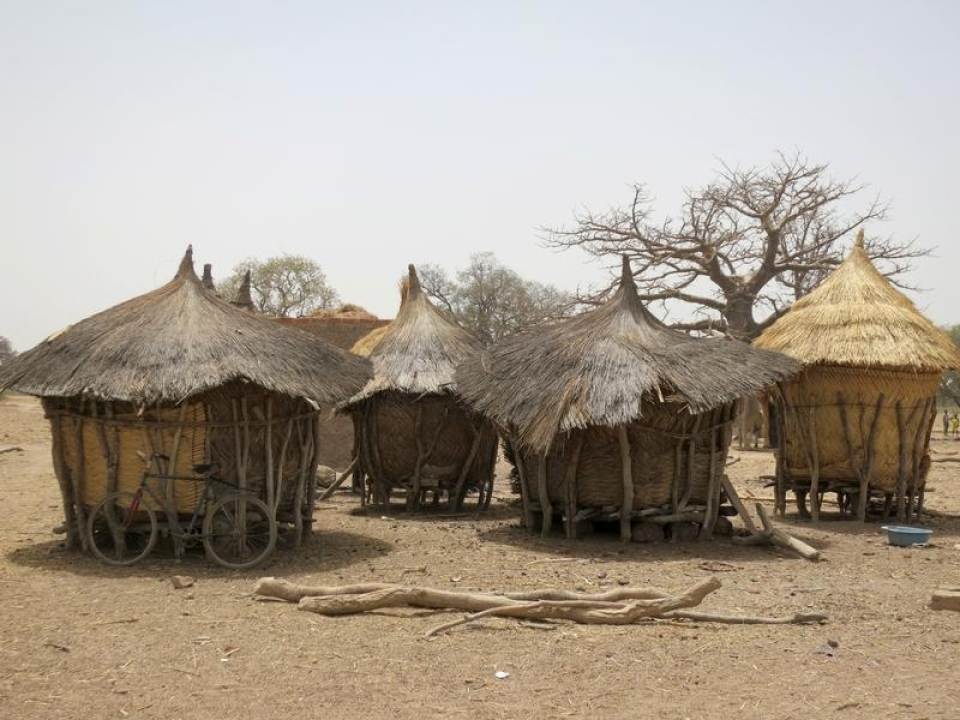
By Kieran Guilbert | Thomson Reuters Foundation
DAKAR, April 26 (Thomson Reuters Foundation) – Burkina Faso’s marriage laws are failing girls who are forced into early marriage by their families and threatened, abused and beaten by their partners for seeking contraception, Amnesty International said on Tuesday.
Forced marriage is illegal in the West African nation, but the law applies only to state-registered marriages, rather than the religious and traditional ceremonies which account for most of Burkina Faso’s forced and early marriages, Amnesty said.
The law also states that a girl must be aged 17 or above to marry, yet half of girls aged 15 to 17 in the northern Sahel region are married, the rights group said in a report.
“Current legislation in Burkina Faso has critical gaps… leaving many women and girls unprotected and unsupported,” the report said.
Burkina Faso has the sixth highest rate of early marriage in Africa, with one in 10 girls married by the age of 15 and more than half married by 18, according to the United Nations children’s agency UNICEF.
Families often marry off girls to improve family alliances and social status, or in return for goods, money and services.
Some areas of Burkina Faso also have the practice of ‘Pog-lenga’ or ‘bonus woman’, where a bride brings her niece to the husband’s family as an extra girl to be married, Amnesty said.
“I did not want to marry the man (her aunt’s husband). My aunt told me ‘if you flee, we will destroy you’,” Amnesty quoted 15-year-old Celine as saying, one of 379 women and girls interviewed by the human rights group.
While the government and donors subsidise the cost of contraception, many married women and girls still struggle to buy it as they cannot afford it, do not have control of their income and are prevented by their partners, Amnesty said.
Fewer than one in six women and girls in Burkina Faso use contraception, dramatically increasing the risk of unwanted and sometimes high-risk pregnancies, according to Amnesty.
At least 2,800 women in Burkina Faso die in childbirth every year, a figure that could be reduced by one-third with better access to birth control, the report said.
“There is a male chauvinistic culture which says: ‘I will decide in the place of the woman’,” Gaetan Mooto, West Africa researcher at Amnesty, told the Thomson Reuters Foundation.
“Even when women have the money for contraception, they don’t have the control over their own bodies,” Mooto added.
The government of Burkina Faso was not immediately available for comment.
(Reporting By Kieran Guilbert, Editing by Ros Russell. Please credit the Thomson Reuters Foundation, the charitable arm of Thomson Reuters, that covers humanitarian news, women’s rights, trafficking, corruption and climate change. Visit news.trust.org)

